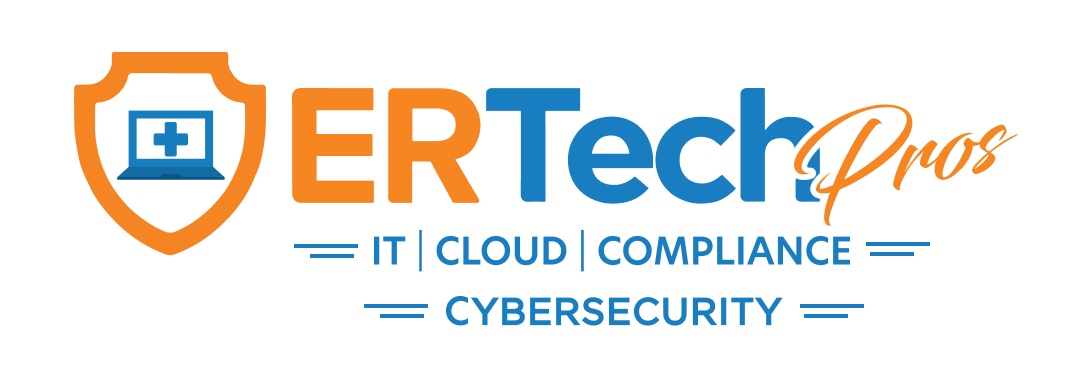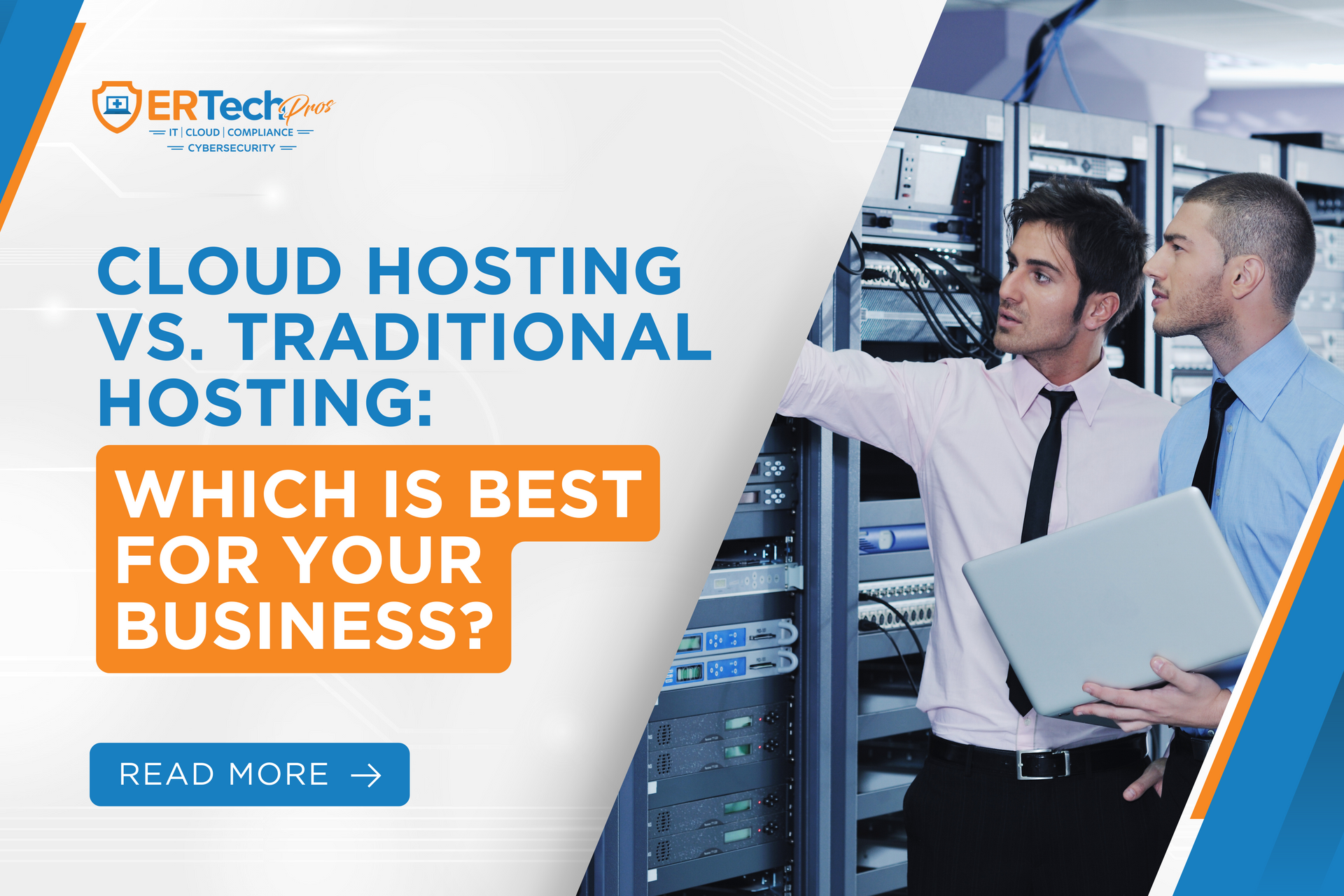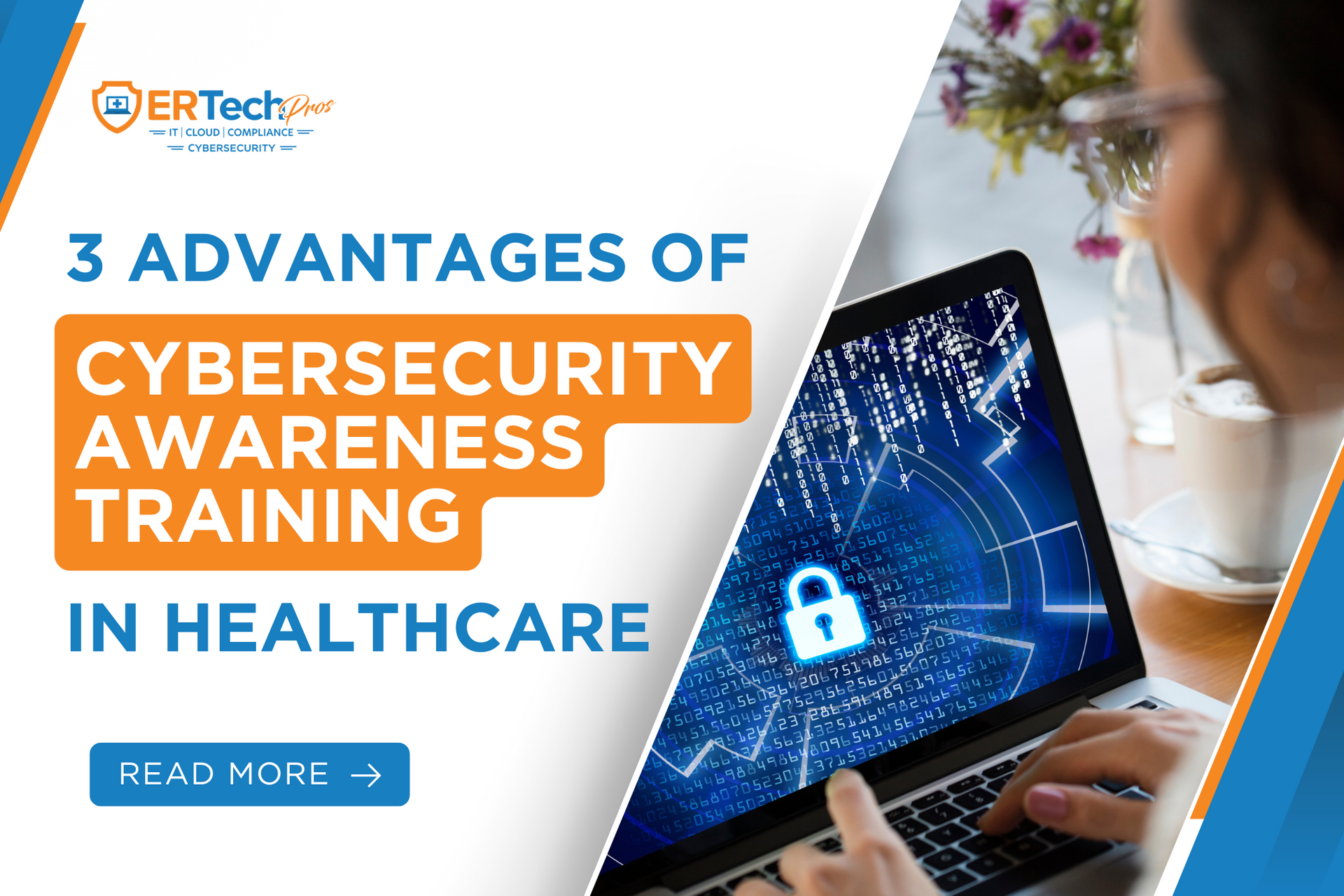There is no question that healthcare providers are under pressure to do more with less. With the rise in costs and the complexity of care, many organizations are looking for ways to cut costs and improve efficiency.
Now more than ever, the healthcare industry is turning to cloud-based solutions to store and manage patient data. And for good reason: the cloud offers a number of benefits for healthcare organizations.
But with so many cloud-based options on the market, it can be difficult to know which solution is right for your organization. That's where managed cloud services come in.
What Are Managed Cloud Services?
As the name suggests, a managed cloud service is a set of cloud-based IT services offered by an external provider. These types of services offer a wide range of features and benefits and can be customized to suit a company's individual needs.
Companies use managed cloud services to save time on managing their IT infrastructure and focus on other tasks that are more important for the business. They are usually offered as a subscription service.
Difference Between Managed Cloud Services and Regular Cloud Hosting
Cloud hosting is a service that provides the infrastructure for cloud computing. It allows you to store data and process it on remote servers. Cloud hosting can be provided on-premises or via public, private, or hybrid clouds.
Managed cloud services are different from traditional cloud hosting in the sense that they are more comprehensive and offer more benefits than just storage space and processing power—they offer data centers, networks, security services, and proactive customer support.
Managed cloud services provide a complete package of all these things that are needed to operate in the digital world.
Difference Between Managed Cloud and Unmanaged Cloud
Now let's take a look at managed cloud services versus unmanaged cloud services.
Managed cloud
is a type of cloud service where the service provider is responsible for the management of the infrastructure. This means that the service provider will monitor, update, and maintain it for their clients.
The main benefit of a managed cloud is that it offers a higher level of security when compared to an unmanaged cloud. This is because managed cloud service providers (MCSPs) are more focused on ensuring that their clients' data is safe, which means they will have better security standards than an unmanaged provider.
Unmanaged cloud, on the other hand, does not have any monitoring or maintenance from its providers and therefore has fewer security features. The responsibility for maintaining it falls onto its users who may not be as efficient or skilled in this area as a managed provider would be.
What Is a Managed Cloud Service Provider?
A managed cloud service provider (MCSP) is a company that manages the cloud infrastructure, while its clients simply use the applications integrated into the cloud.
An MCSP offers a more affordable way of using cloud services because they take care of all the infrastructure and maintenance. This means that you don't have to deal with the costly and time-consuming task of hiring people or buying hardware to manage your own data center.
MCSPs generally offer subscription-based services for a wide variety of cloud services. They can either replace or supplement in-house cloud IT teams.
Benefits of Managed Cloud Services for Your Medical Practice
Cloud services have been around for quite some time now, and it’s fair to say that they have evolved over the years. Today, many companies offer managed cloud services that can be tailored according to the needs of their clients.
Here are some of the advantages of partnering with a managed cloud service provider:
Guaranteed HIPAA Compliance
Keeping HIPAA compliant is very important for any medical practice. If you partner with an MCSP that specializes in securing medical systems, you’ll have the most current security measures in place to combat healthcare threats, as well as access to real-time reporting and guidance on best practices.
Healthcare-focused MCSPs also offer security, backup, and compliance features that can help your medical practice stay abreast of government regulations. Your medical records are encrypted and backed up to protect it from any kind of data breach.
Improved Patient Outcomes
The rise of managed cloud services has revolutionized how patients are treated.
Managed cloud services are monitored and maintained by professionals who are experienced in healthcare technology and know how to best use the resources of the cloud to improve patient care.
Having a centralized management of patient information in the cloud allows clinicians to access all relevant information at their fingertips, which can help speed up the process of diagnosis and treatment. This means that patients receive timely responses to their questions and issues, which can lead to improved patient outcomes.
Another way managed cloud services improve patient outcomes is by providing faster deployment of new applications and tools.
More Savings
In the current economy, many healthcare professionals are trying to find ways to reduce their costs as much as possible.
The transition from unmanaged to managed cloud services is a big decision. Initially, managed cloud services may cost more than unmanaged ones, but will save your practice money in the long run.
Managed cloud services can result in increased revenues by providing enhanced patient care through increased efficiency and automation.
Enhanced Security
The key to securing your medical records is to keep them in a secure ecosystem. This means that the files should be encrypted, and only accessible by authorized personnel.
The problem with this is that it can be difficult to ensure that all of your employees are accessing the files in a secure manner. This is where managed cloud services come in handy.
Managed cloud services can include managed cloud security, which provides encryption for all your files, and ensure that they are accessed only by authorized personnel. They also allow you to have access to these files from any location, which means you don't have to worry about carrying around sensitive data on a laptop or other mobile device.
Have Scalable Infrastructure
If you don't have managed cloud hosting solutions, you're likely paying more for equipment than you should, spending too much time reading up on the latest security risks and regulations, and not enjoying the flexibility to scale your system as needed.
Managed cloud servers allow medical practices to scale their resources up or down on demand, which can help them meet the needs of their patients while avoiding overuse or underuse of resources.
Stability Is Ensured Through Automatic Updates and Fixes
Medical professionals have enough to worry about already. They don’t need the additional stress regarding their data or other elements linked to it.
Managed cloud services improve the stability of IT resources. An MCSP takes care of the software updates, backups, and even replacements so your staff can have peace of mind and simply focus on patient care.
Reduced Stress for Clinic Staff
Cloud-based medical records reduce stress for doctors and nurses because they no longer need to keep track of multiple physical files.
Managed cloud services are essential for clinics that want to be able to focus on providing quality healthcare while still being efficient in their operations. It ensures that the data and applications are always available. It includes remote backup, disaster recovery, and business continuity.
A clinic might not have time to worry about these things because they are busy with other tasks. Managed cloud services can take care of the data and applications so that the clinic can focus on their patients instead.
Choose the Right Managed Cloud Service Provider for Your Healthcare Organization
To make sure that your practice is getting the most out of its cloud implementation and avoid any potential pitfalls, it’s crucial to pick the right MCSP. However, there are several cloud providers and it’s difficult to select the right one.
You're not sure which one is reliable, or how much you'll be paying for the service. This creates a vicious cycle of expensive patient care and increasing patient load. It's no wonder more and more healthcare organizations are experiencing critical operational errors because of a lack of access to a secure, reliable, and fast solution.
How can you find the best provider for your organization? You need to research and compare all available providers before making a decision. This is time-consuming, frustrating, and expensive.
We want to ensure you find the right cloud service provider that fits your unique needs, even if that's not us. We'd be happy to provide a free, no-obligation consultation at your convenience.















